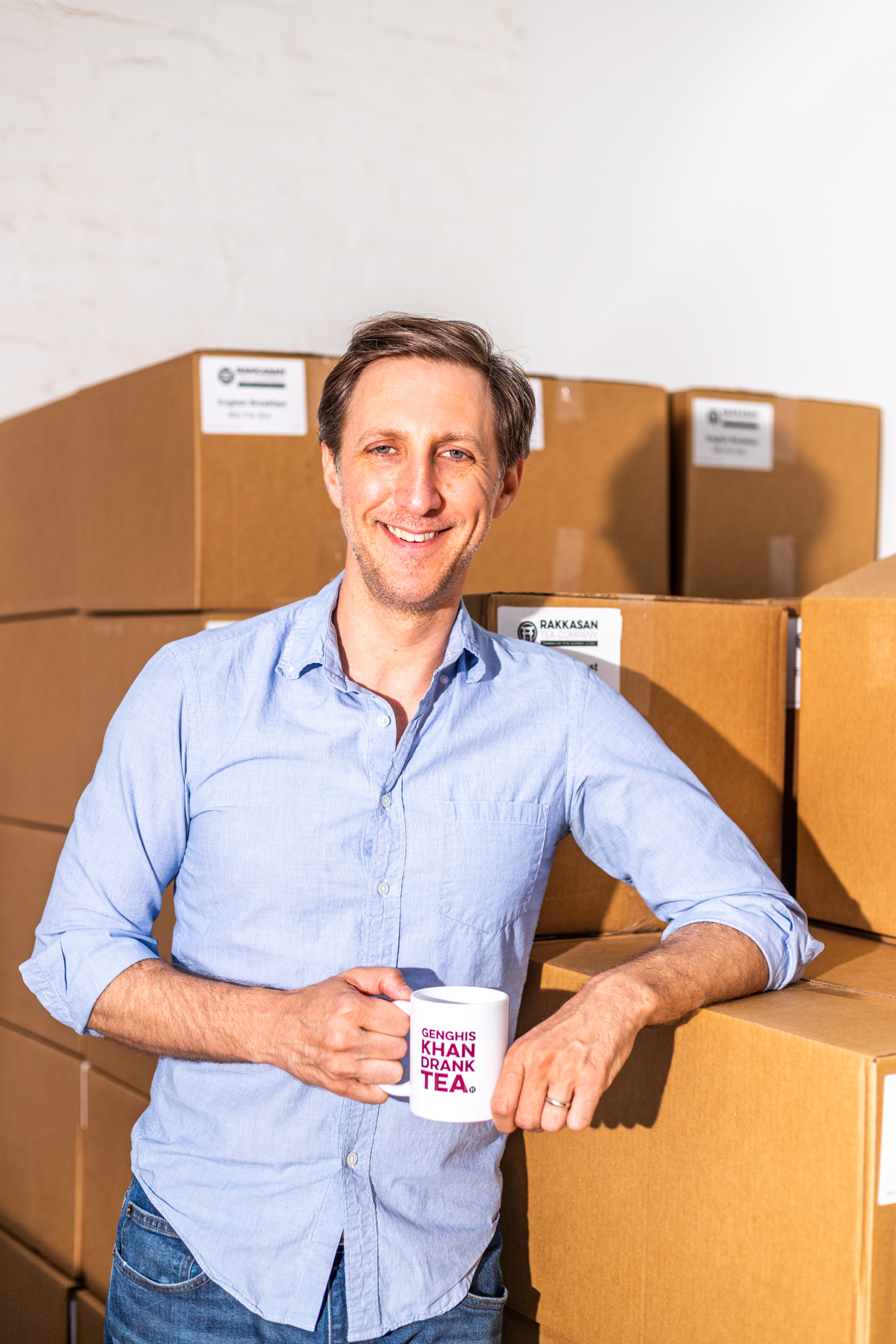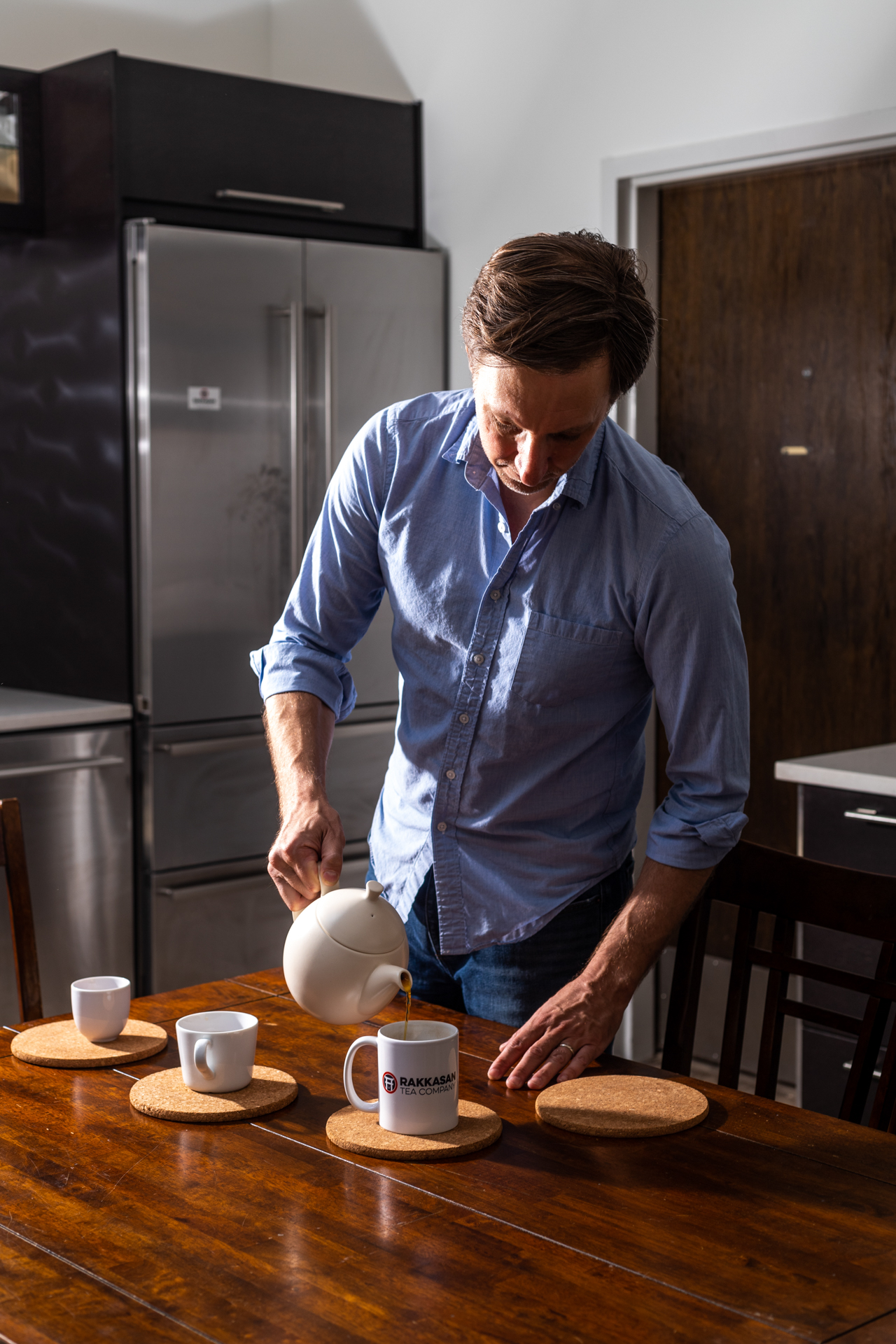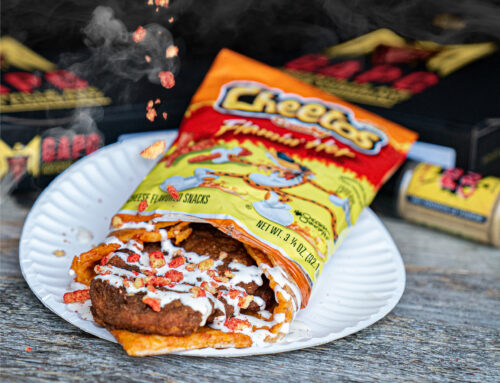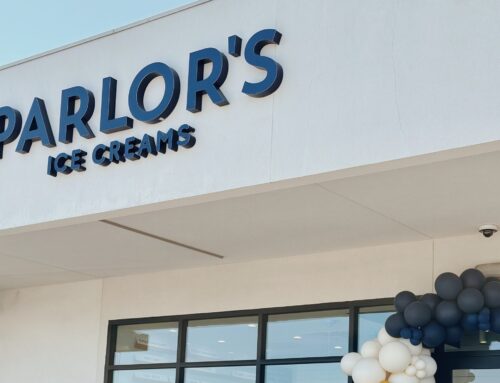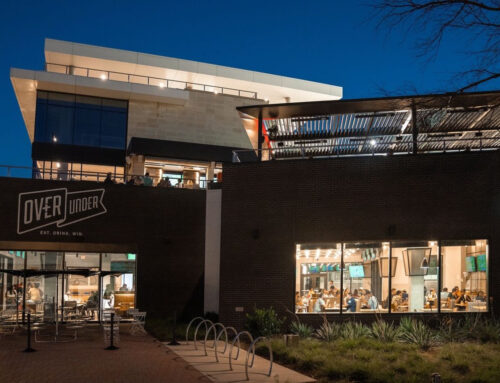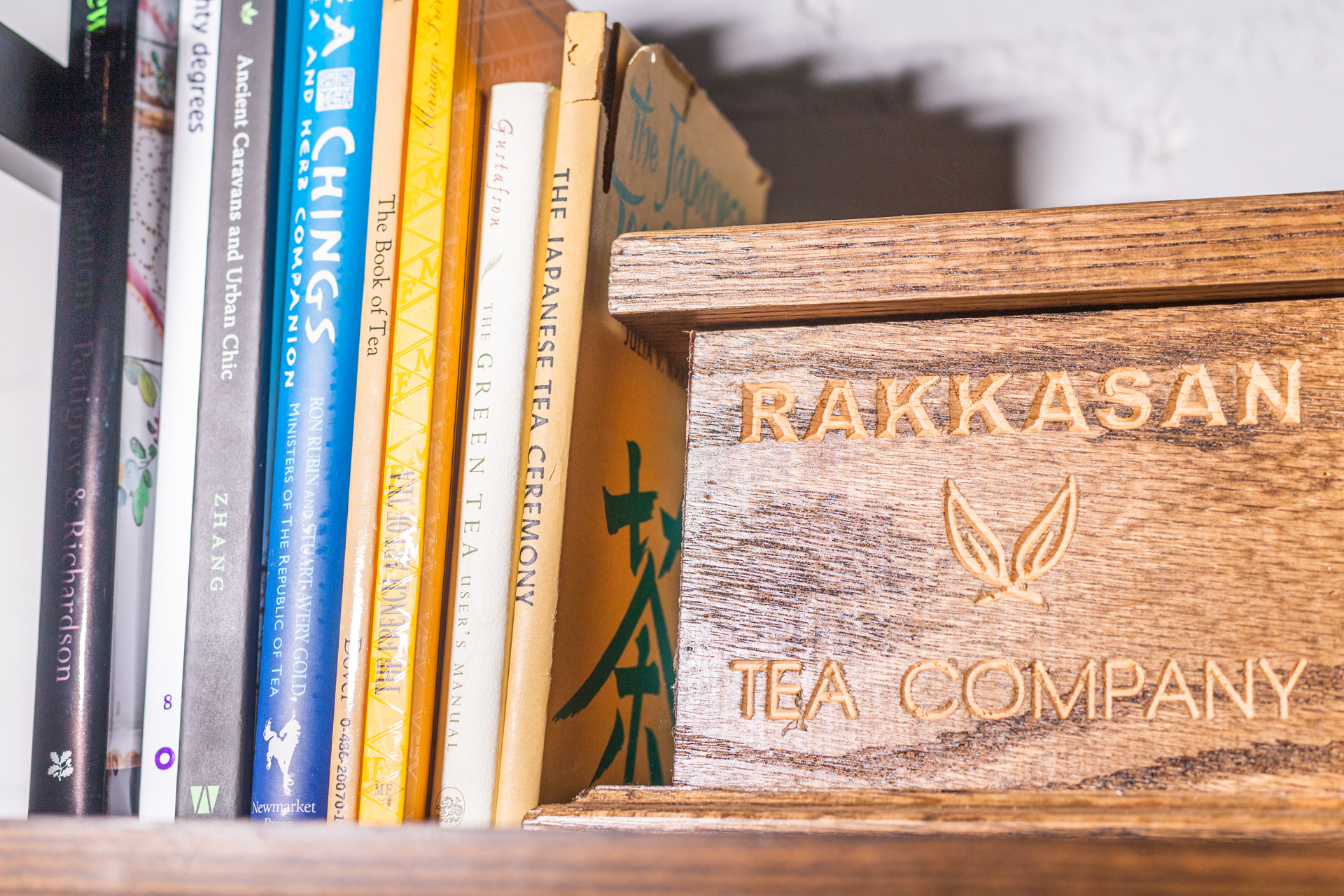
Photography by Jessica Turner.
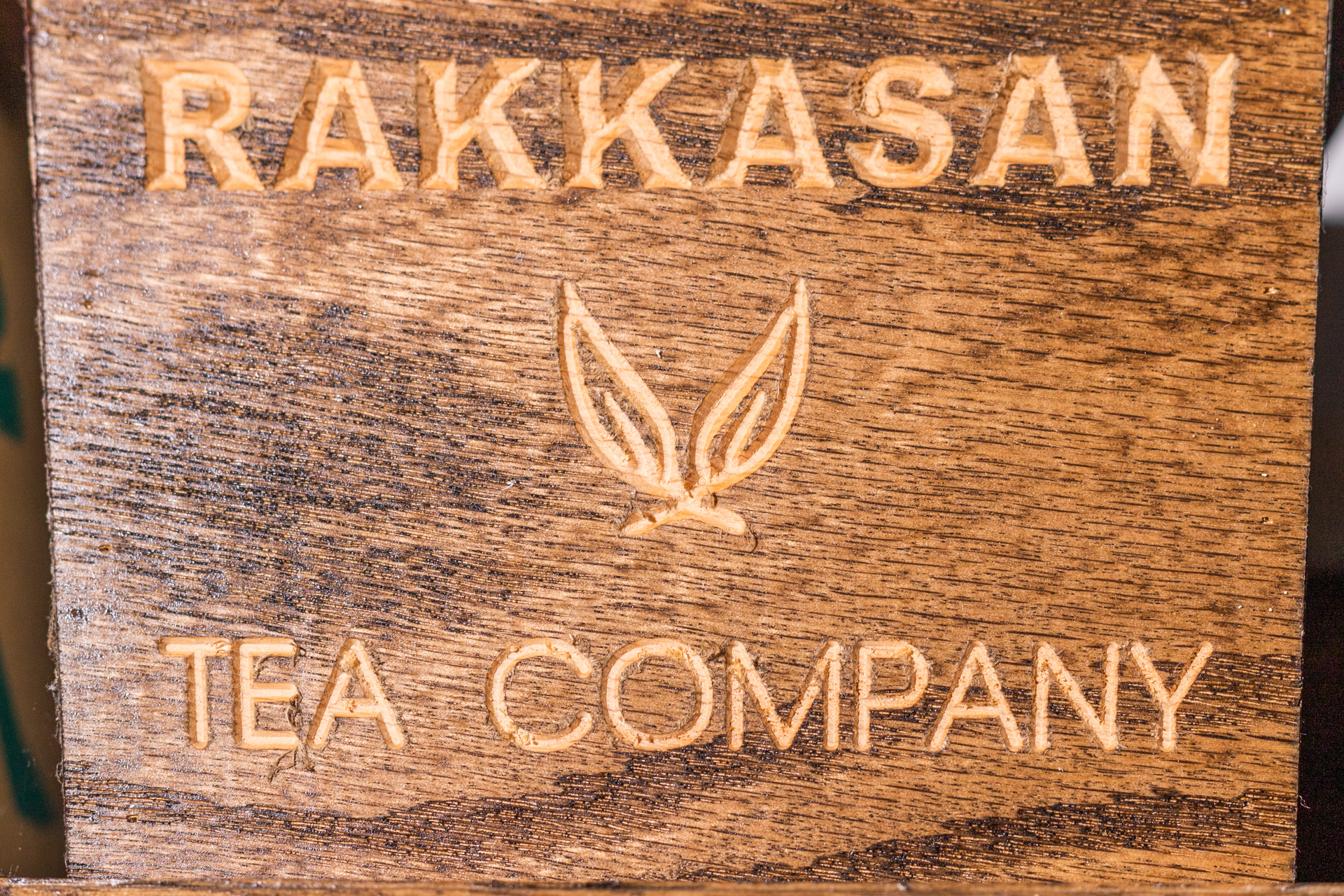
Rakkasan Tea- ED0822_advocatemedia_jturnerjuly2022-6376
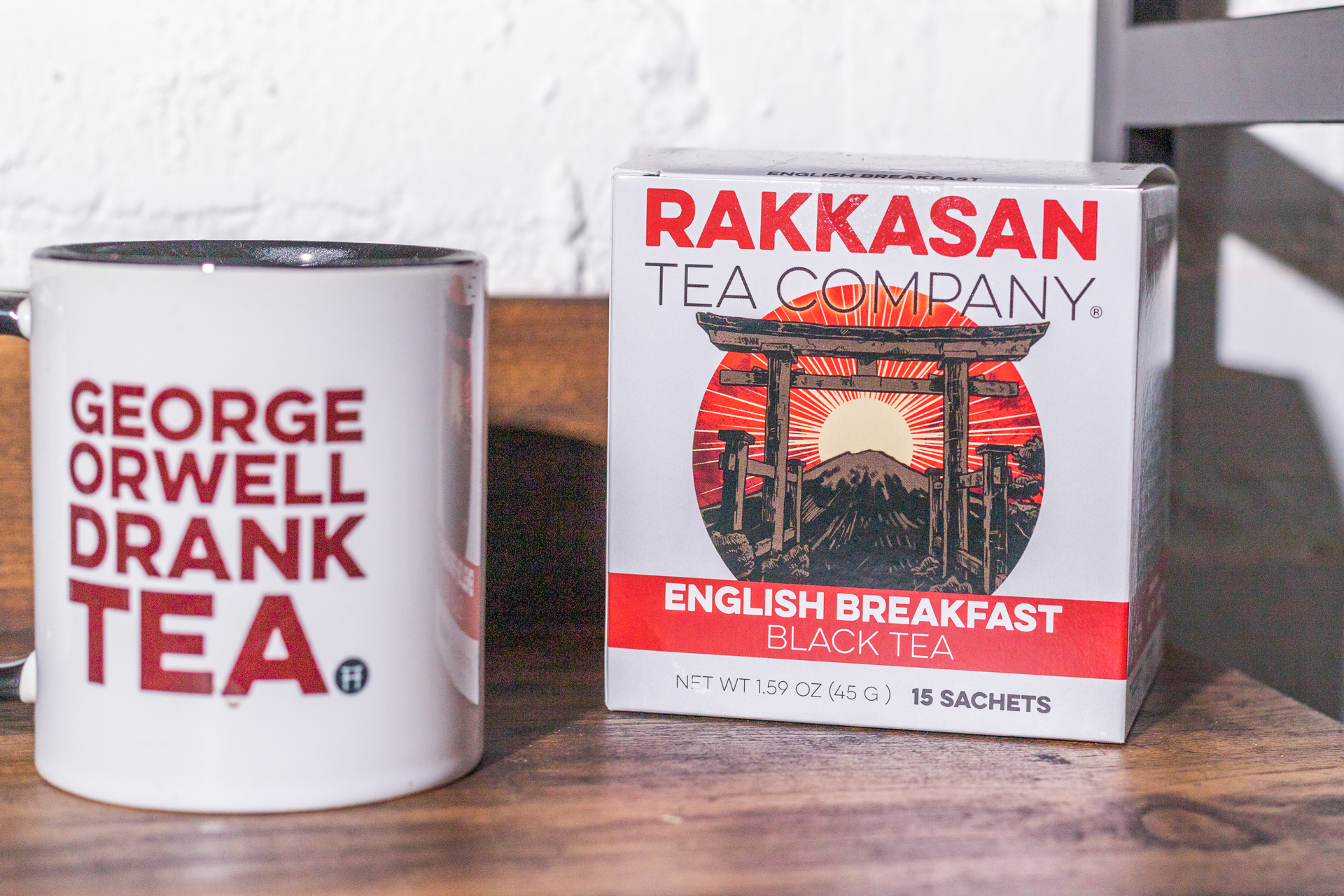
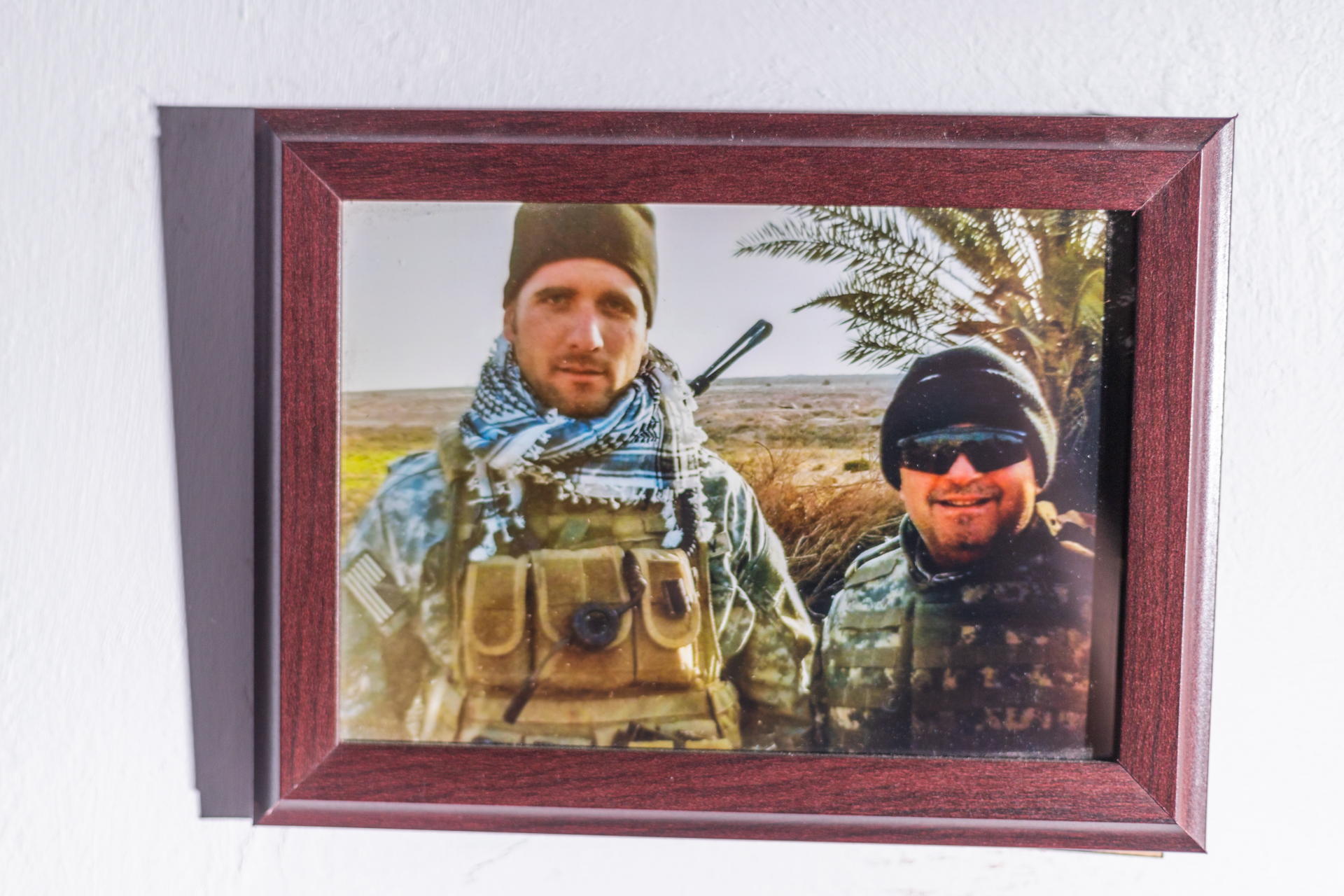
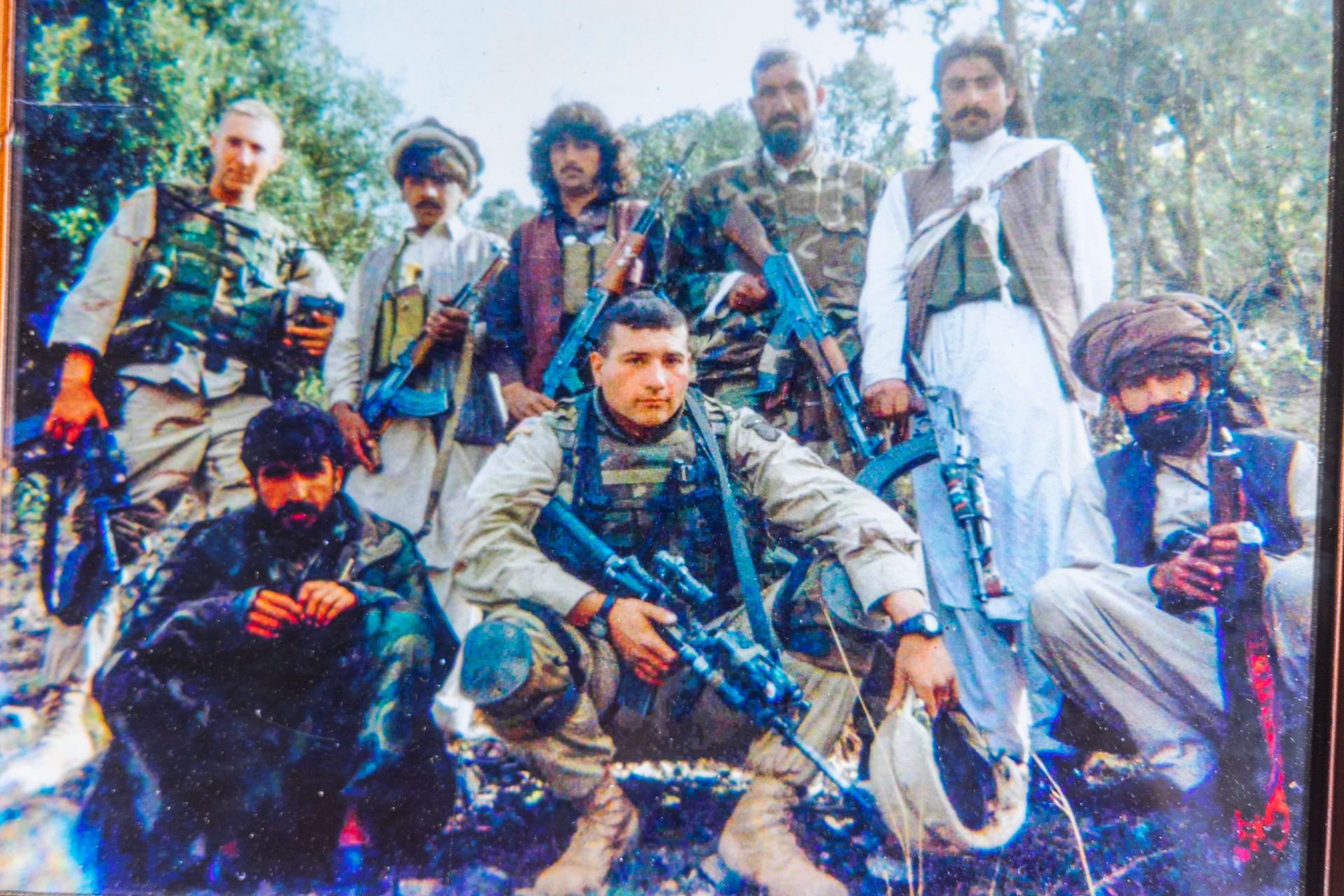
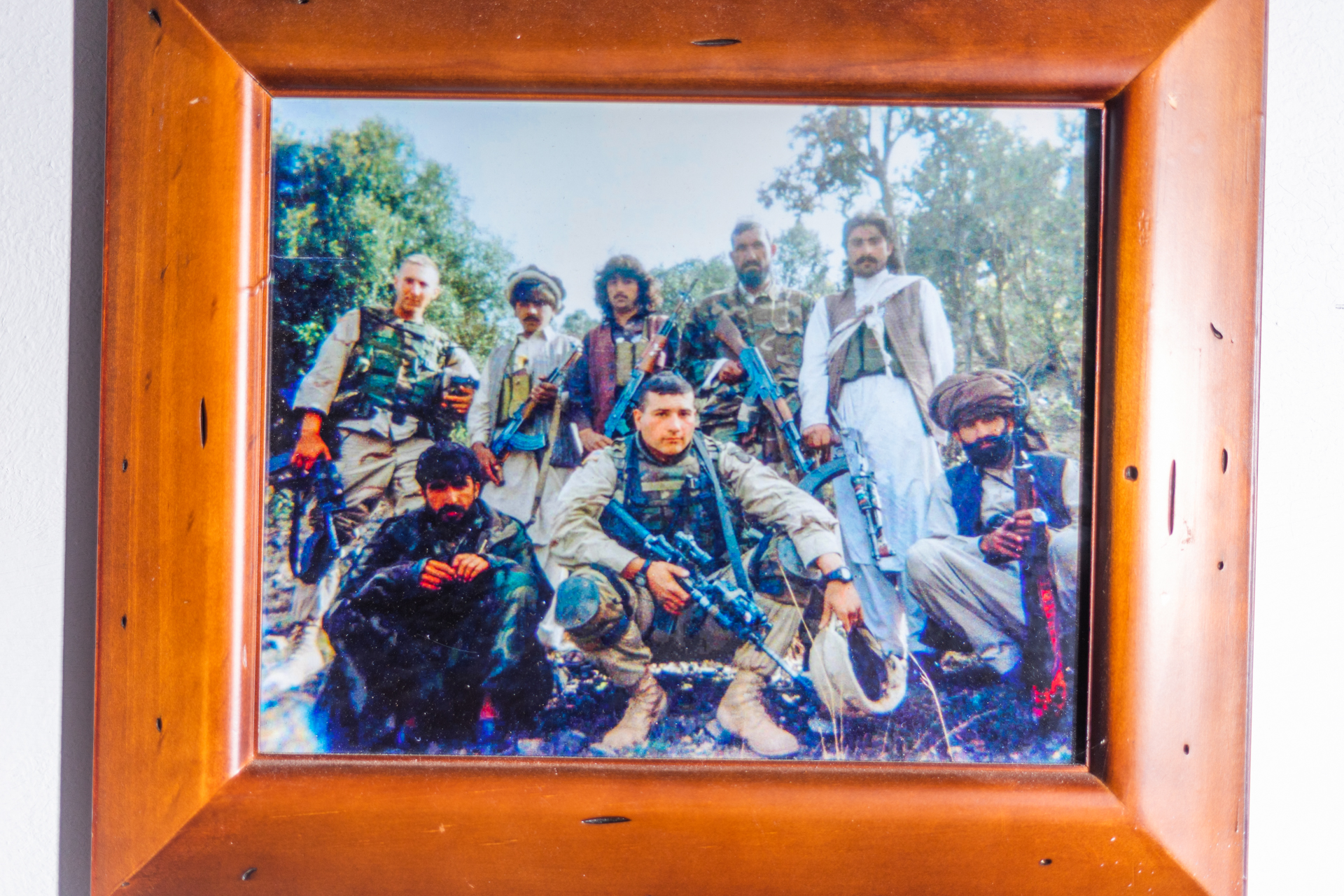
Rakkasan Tea- ED0822_advocatemedia_jturnerjuly2022-6366
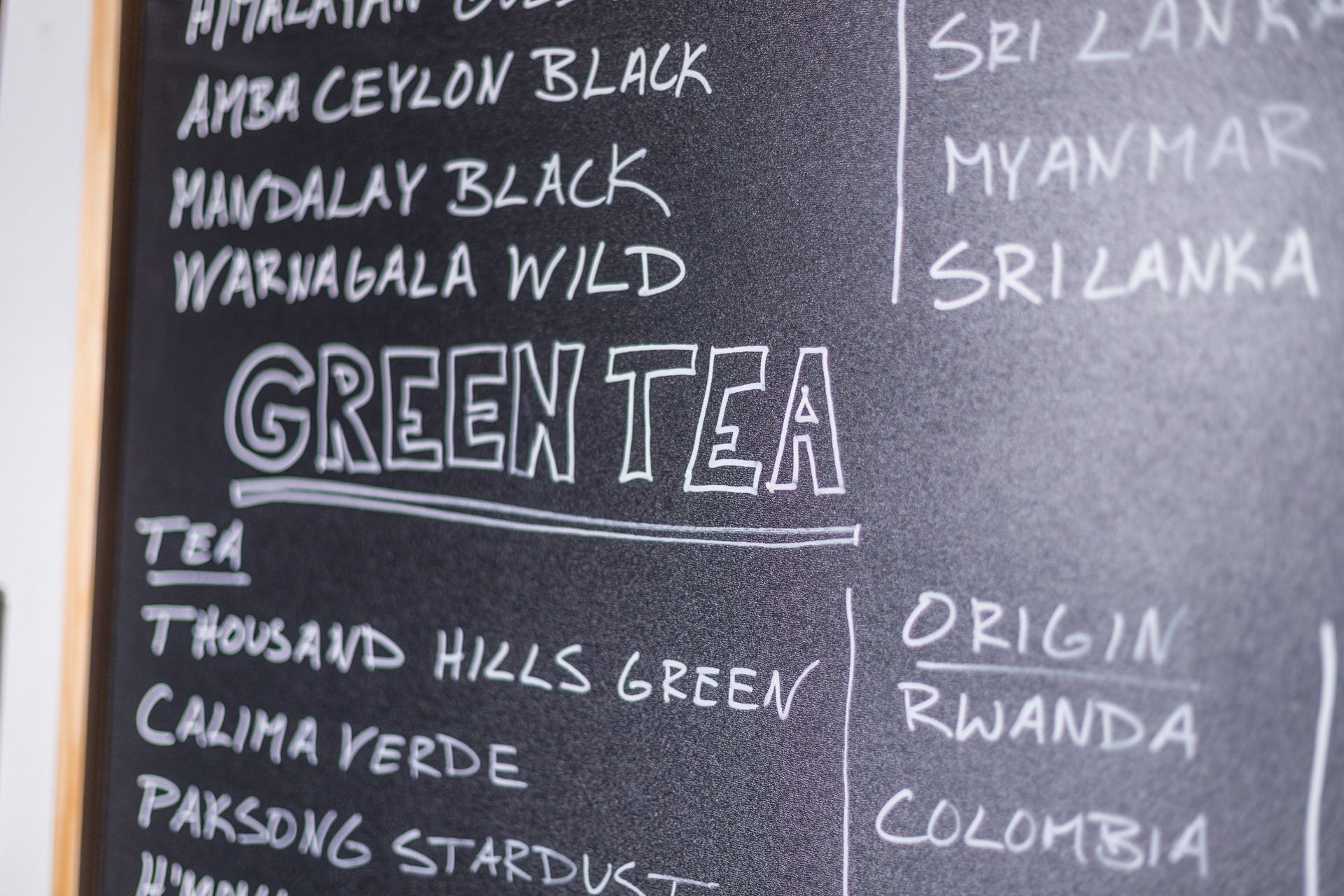
Rakkasan Tea- ED0822_advocatemedia_jturnerjuly2022-6365
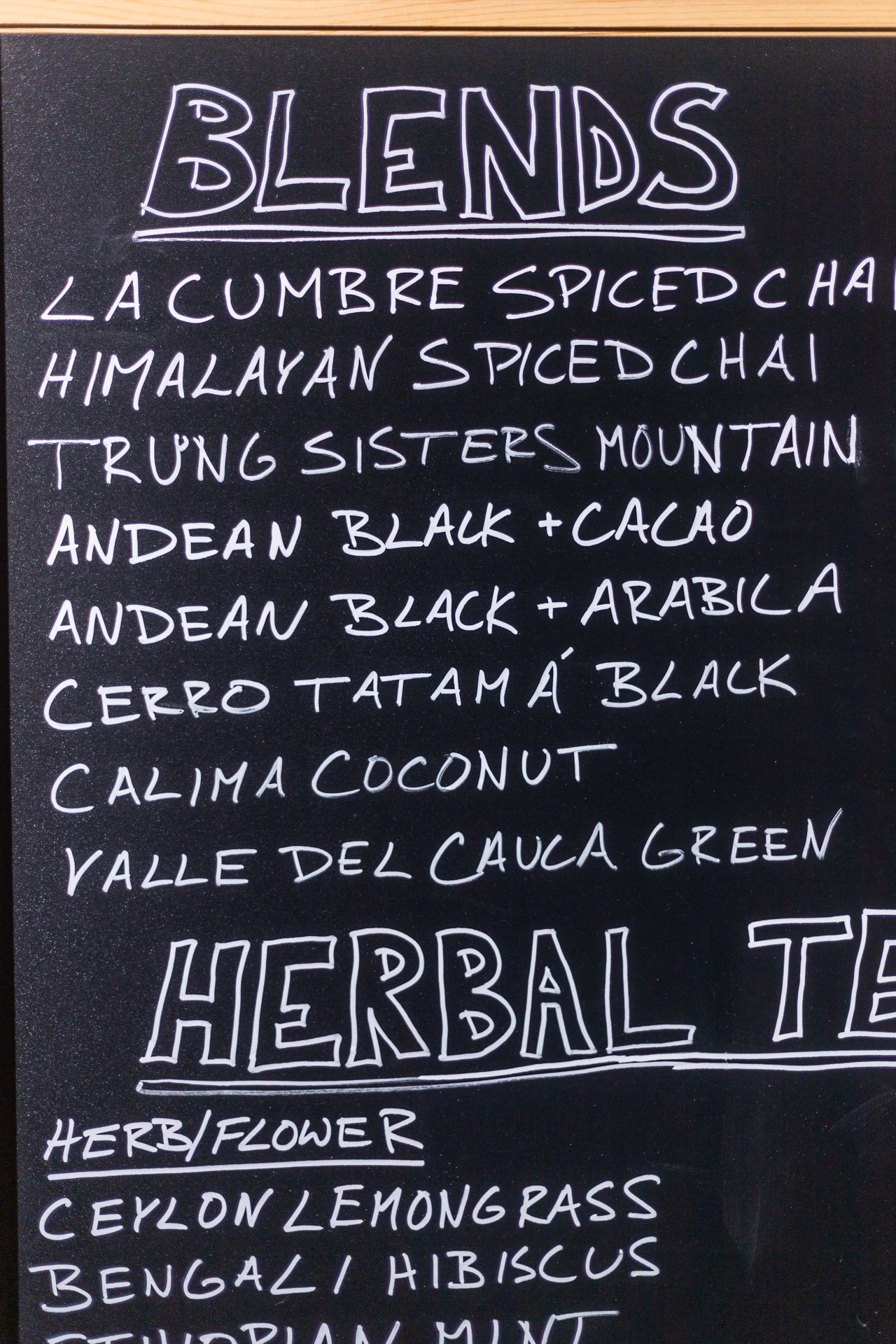
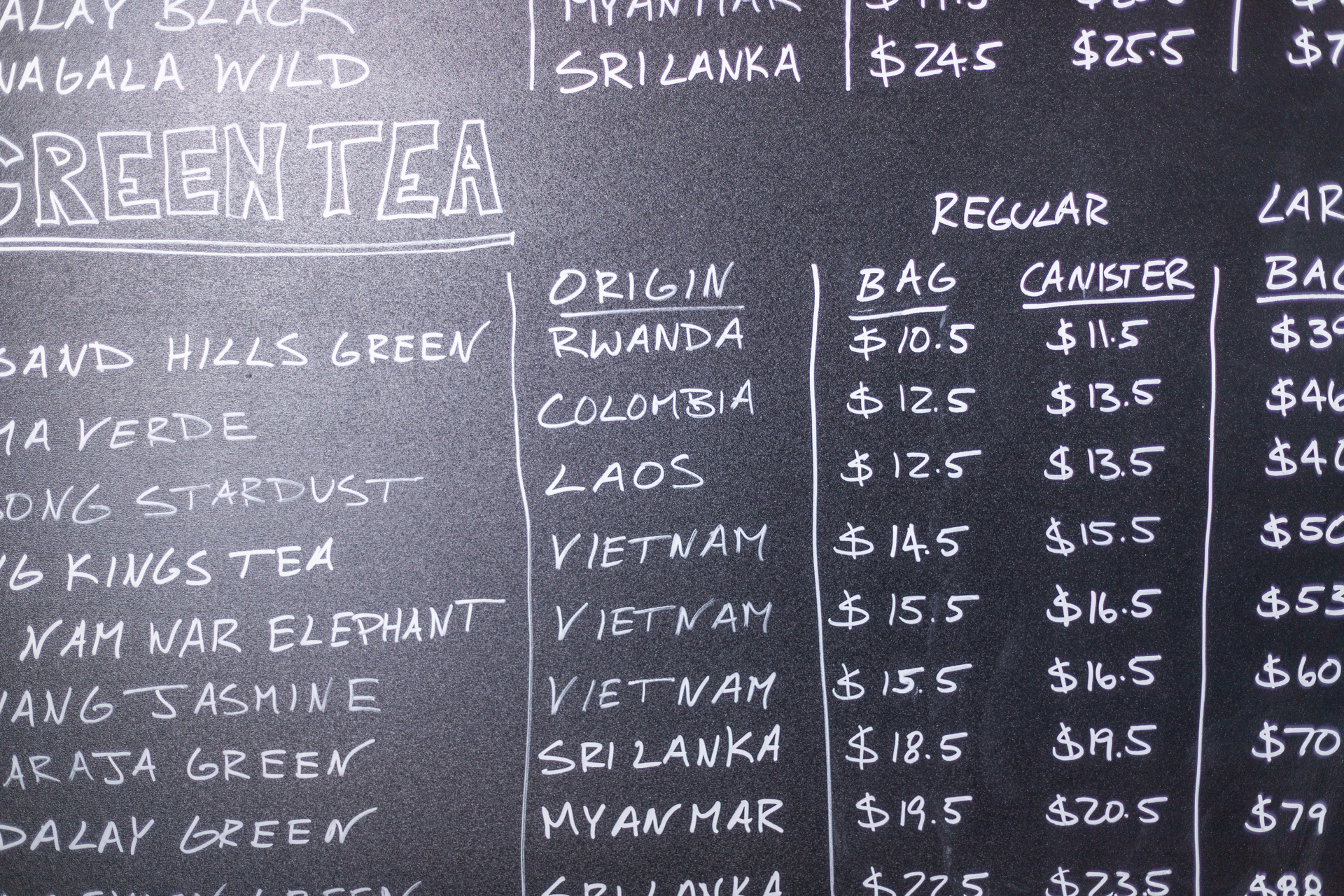
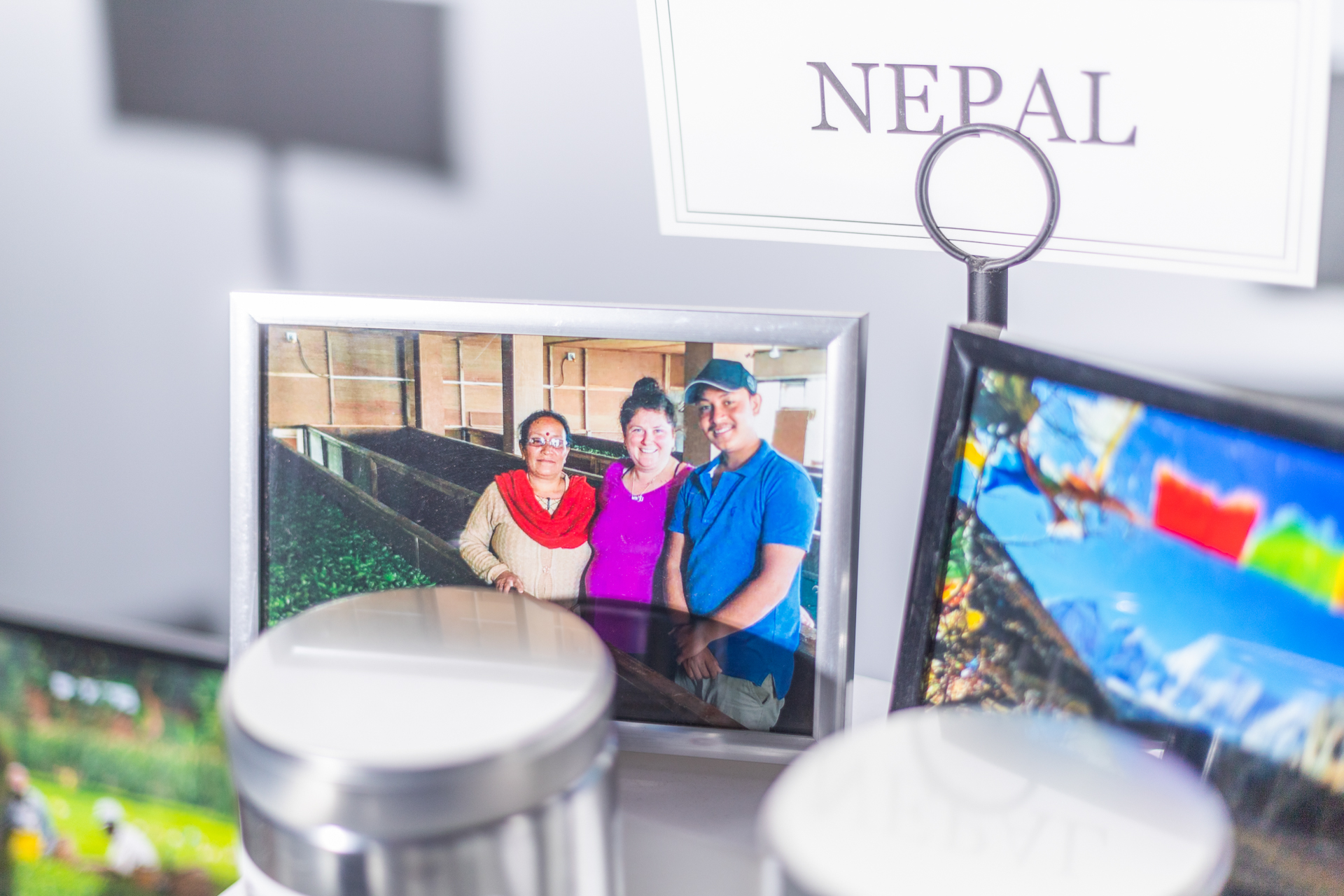
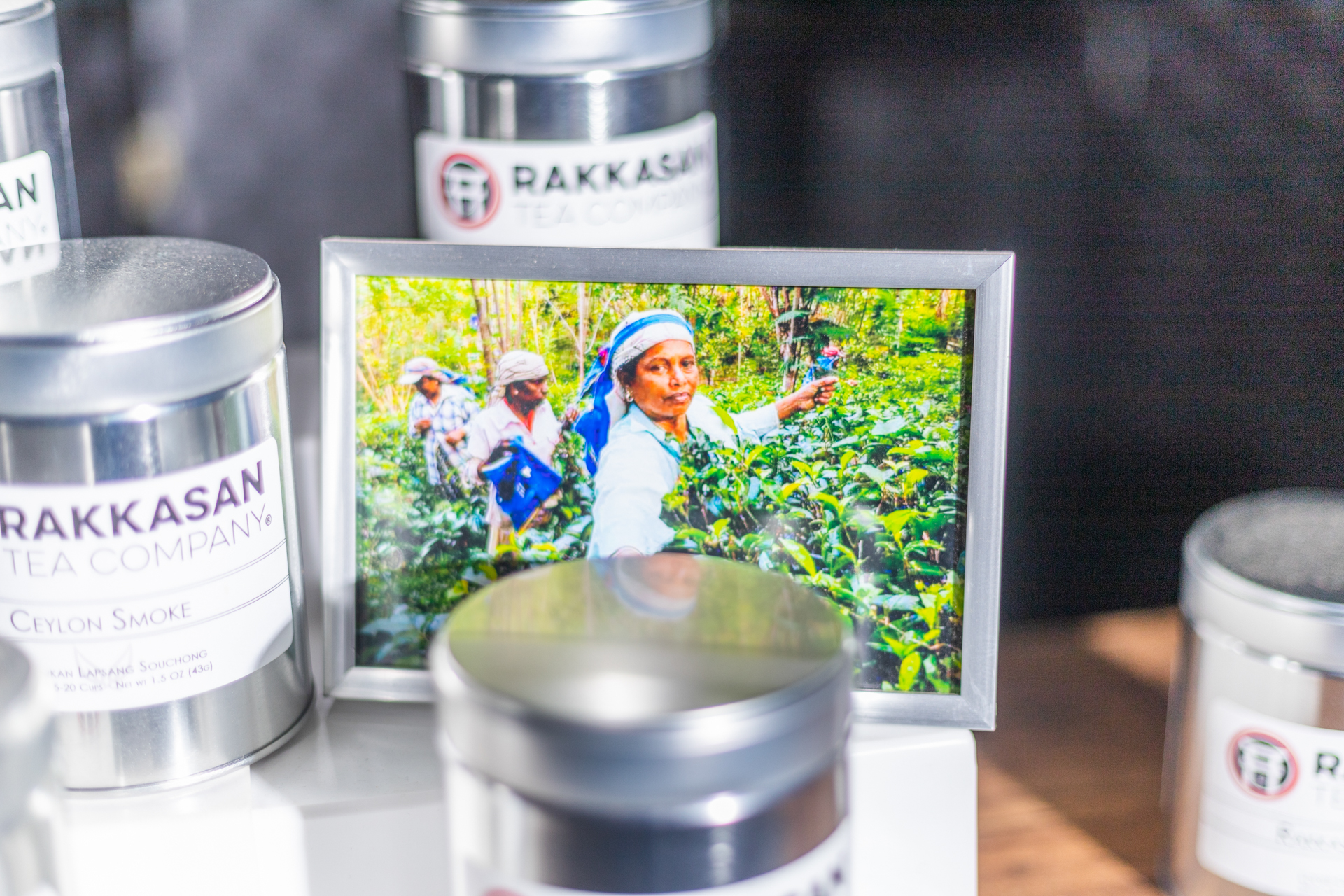
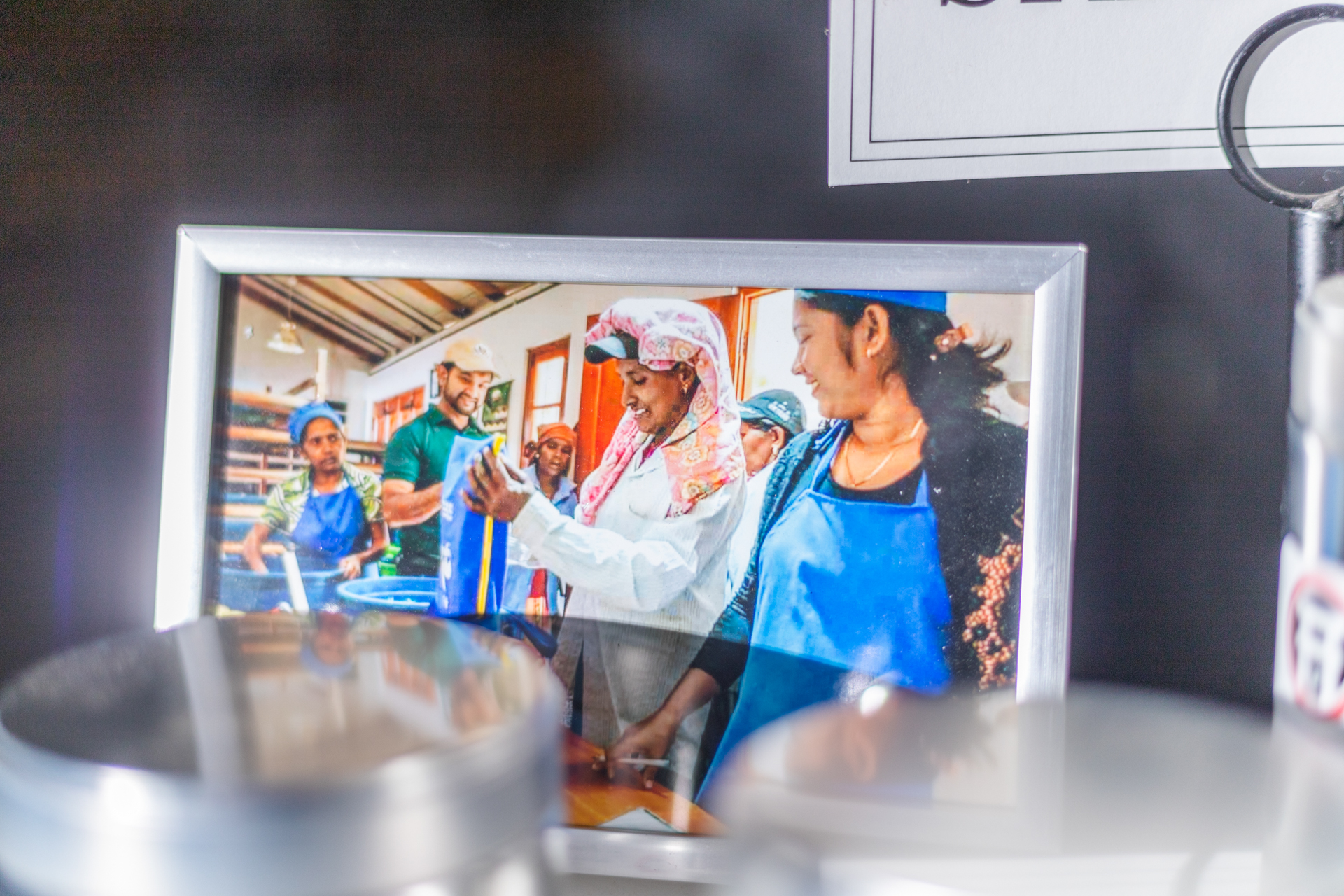
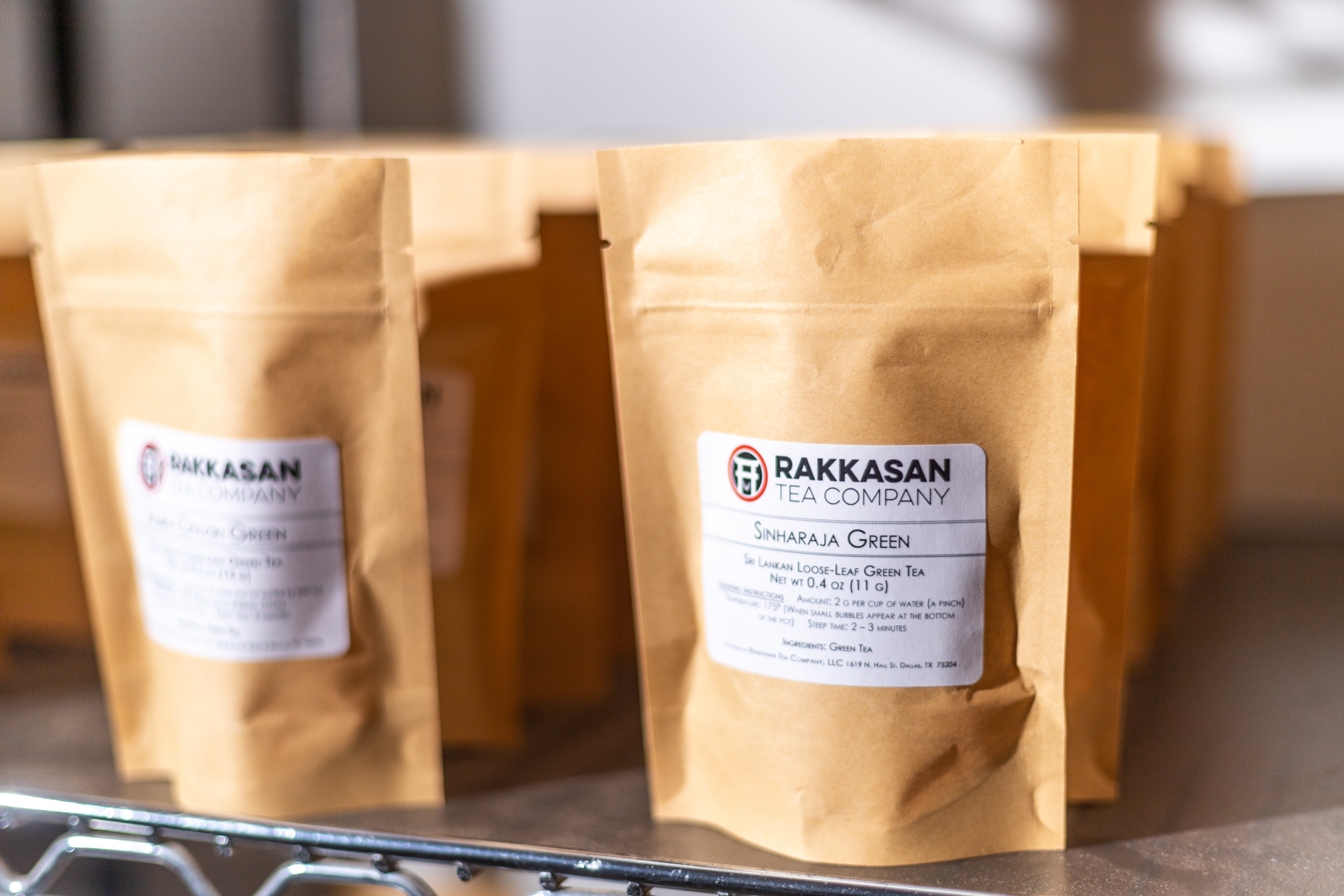
Brandon Friedman experienced tea culture while he was in Afghanistan and Iraq, a member of the third brigade of the 101st Airborne Division of the U.S. Army.
Anytime Friedman and the Rakkasans — the name for his unit, taken from the Japanese word for “parachute” — sat down with locals, there was hot tea.
In Friedman’s home state of Louisiana, tea means iced tea, which he didn’t like. Other than that, when Friedman thought of tea, he thought of British women wearing big hats, sipping with pinkies up.
In the Middle East, Friedman learned a new way to drink the beverage.
“Drinking tea with locals, especially in Iraq, was like an oasis amid all the chaos of combat,” he says. “You’re in this chaotic environment, dealing with an insurgency fighting, but then you gotta go to a meeting with some local guy. And you can just sit back and just relax for half an hour, an hour, just drinking tea and pretending you’re normal.”
After Friedman left the military, he wrote a memoir, The War I Always Wanted, discussing his experiences and how he sometimes felt betrayed. That led to political blogging and enrolling in the public affairs program at the University of Texas at Dallas, where he met his wife.
Then Friedman started working with VoteVets, a political action committee. He was part of Tammy Duckworth’s 2006 congressional campaign, and when Barack Obama was elected president in 2008, Duckworth became an assistant secretary at the Department of Veterans Affairs and asked Friedman to join her. While in D.C., Friedman also worked at the FleishmanHillard public relations firm and the Department of Housing and Urban Development.
In 2015, he co-founded a PR firm, which lasted a year and a half because he didn’t enjoy it. Pivoting from selling services to selling products, he decided to start a tea company. Friedman called fellow Rakkasan Terrence Kamauf, aka TK, and together they founded Rakkasan Tea Co.
It started out in a 200-square-foot space in Deep Ellum, and now there’s a storefront at 1619 N. Hall St. in Old East Dallas. The company sells several varieties of teas from nine countries recovering from war: Laos, Sri Lanka, Vietnam, Nepal, Rwanda, Colombia, Myanmar, Bangladesh and Ethiopia.
Friedman, the District 14 representative on the Office of Community Police Oversight board, has lived with his family in Hollywood/Santa Monica since 2017.
What made you want to join the military?
I grew up in the ’80s watching all the war movies. My grandfather was an influence on me, too. He was a World War II veteran. And my grandmother was, too. She was never overseas, but she was in the Navy.
Why do you think tea hasn’t caught on in the U.S. the way it has throughout the world?
Tea is the most widely consumed beverage after water globally. And it is in every country except the United States. However, the United States is the only country in the world where tea consumption is growing. Everywhere else in the world, tea consumption is pretty static because the market’s saturated. And it’s growing here because people are looking for healthy alternatives. People are more in tune with health trends. There was a while there in American history where it was more patriotic to drink coffee, in the era after the Revolution. In more recent years — I think tea, good tea, requires a little more preparation than coffee.
How did you come up with the idea to only sell tea from countries recovering from war?
In researching it, I just sort of came upon the fact that a lot of areas that grew tea had been impacted by conflict, which is something I knew about. As I looked into it, I realized there was a lot of good tea from these places, but you couldn’t find it here. It occurred to me that a lot of these places — Vietnam, Laos — had been so impacted by war, and their economies were still not great. Sometimes it was our fault. That sort of spoke to me, having been in combat zones and war zones. I just saw the cost of war and how it impacts communities. I felt like I could combine my understanding of war zones with tea and we could help tea farmers reach U.S. consumers.
A lot of your business is e-commerce. Is that what you originally intended?
Yeah, so we were gonna be mostly an e-commerce company. We thought we would sell mostly to people in places where hot tea, premium tea, was more in demand. We thought we’d have a bunch of customers in San Francisco, Boston and New York. But what I didn’t know at the time is, buying local is a thing. It is really a thing. People love buying local. I had no idea. We had so many customers in Texas and Dallas.
How do you know your business is making a difference in these post-conflict countries?
We’re not going to make a real impact with our sales. We don’t buy enough. We’re not going to turn around somebody’s economy ourselves. It’s sort of a drop in the bucket. But what we’re trying to do is show that companies can do well by doing good. And we’re trying to set the example for other companies to take the environment into consideration, take worker care into consideration, make sure people are treated well. And also, give your business to the underprivileged, people who haven’t had as much of a chance, the underdog.
Interview has been edited for clarity and brevity.

